The world has a diverse culture, many of them unique, and cannot be found elsewhere.
From people come together to throw colored powders and water at each other in India, to people gather in parks to admire the beauty of cherry blossoms in Japan, to the colorful and poignant holiday to honor deceased loved ones in Mexico, to releasing thousands of paper lanterns into the night sky in Thailand, tomato fight in Spain, the Mooncake Festival in China.
The list goes on and on.
The world indeed boasts an incredible tapestry of diverse cultures that enrich lives in countless ways.
In Africa, there is one unique ceremony called the 'Umhlanga'.
And Google disliked it.
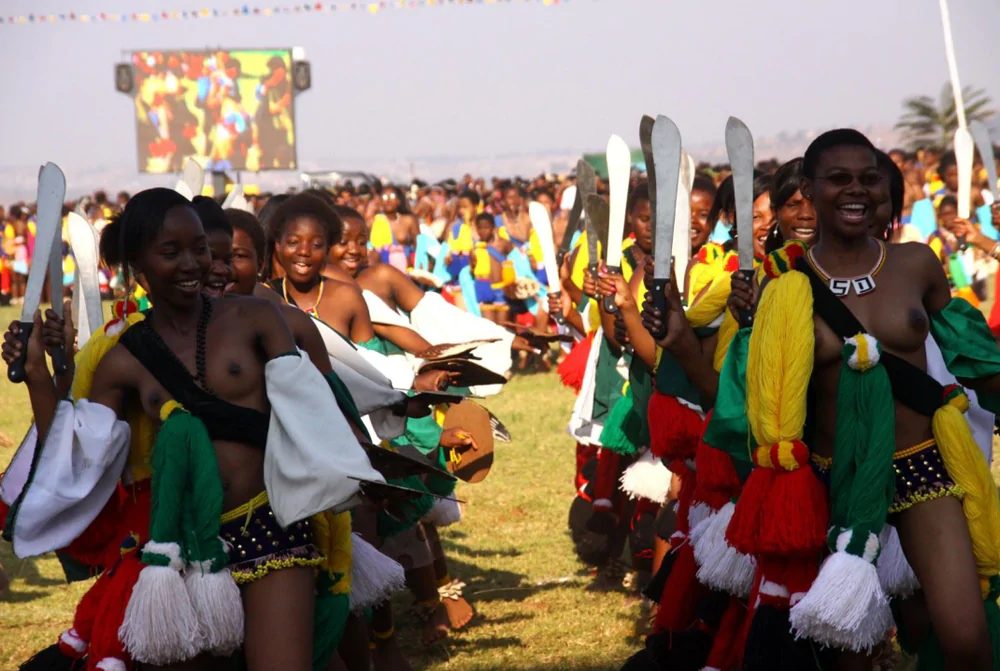
To the Swazi or Swati people who are a Bantu ethnic group native to Southern Africa, Umhlanga is also called the 'Reed Dance' ceremony.
Created in the 1940s Eswatini under the rule of Sobhuza II, the Reed Dance is an annual Swazi event that takes place at the end of August or at the beginning of September.
During the eight-day event, unmarried and childless Swazi girls and women travel from the various chiefdoms to the Ludzidzini Royal Village to participate.
In South Africa, the Umhlanga ceremony is called the 'Umkhosi woMhlanga,' and is held once every year at the Enyokeni Royal Palace in Nongoma Enyokeni, KwaZulu-Natal.
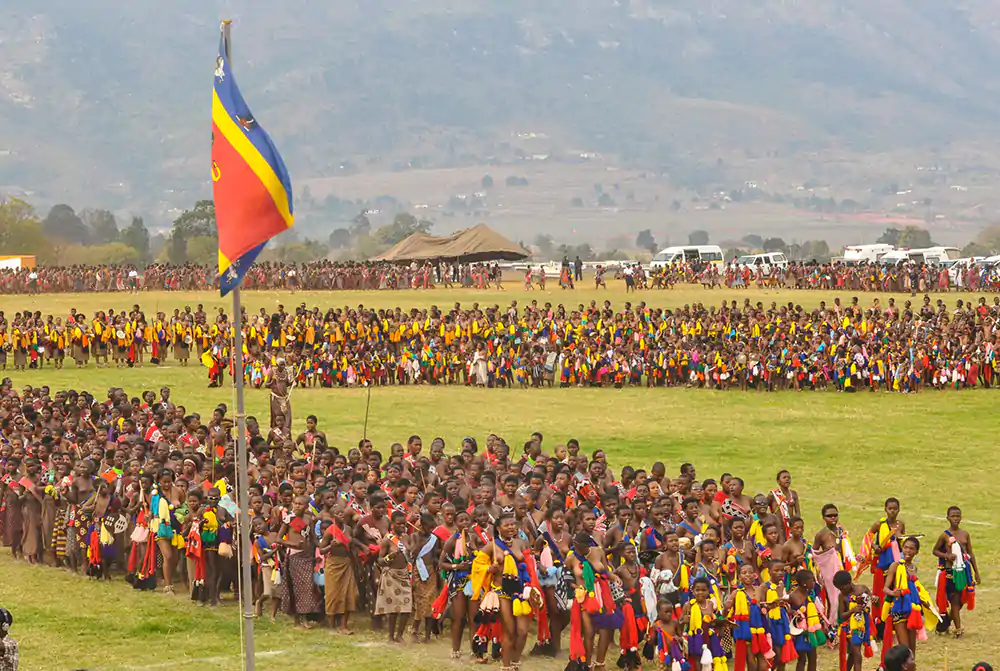
There, young and unmarried girls are placed in female age-regiments; whereas those who had been pregnant without a husband have to pay a fine in the form or a cow.
This is because in the more modern iteration of the ceremony, which was reintroduced by King Goodwill Zwelethini in 1991.
According to the former King of the Zulus, the dance is meant to encourage young Zulu girls to delay sexual activity until marriage, which can also limit the possibility of HIV transmission.
And because of this, to dance at the royal dance, the performers have to be virgins.
In the event, a closed makeshift is created, where participants can undergo a mandatory virginity test.
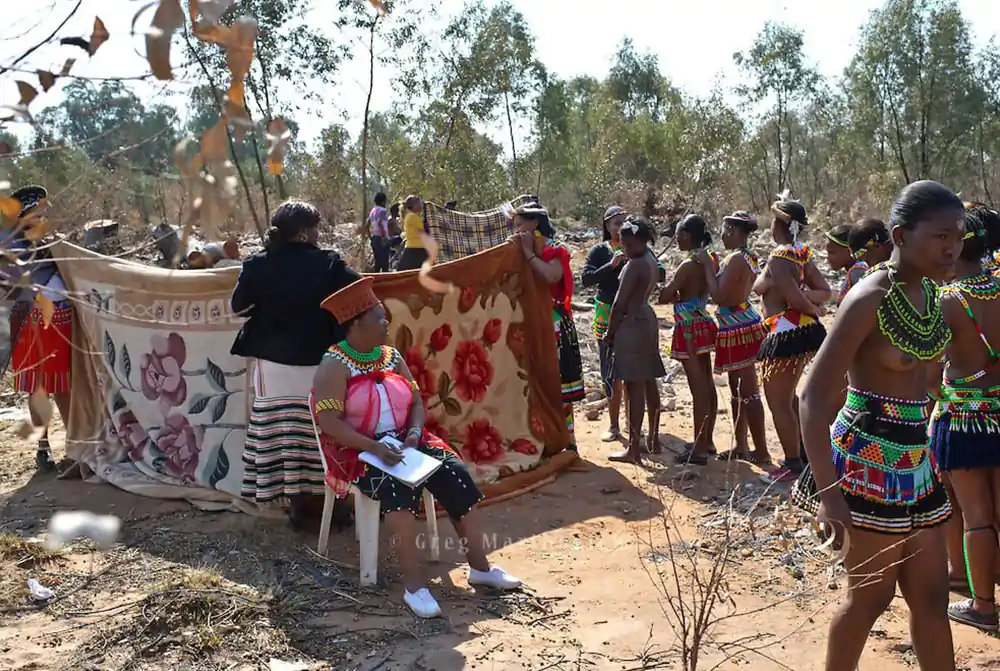
Those who pass as virgins, can perform whole wearing traditional attire, including beadwork, izigege, izinculuba and imintsha that show their bottoms.
They also wear anklets, bracelets, necklaces, and colorful sashes.
These sashes have different colors, which are meant to tell apart who are still single, and who are already engaged.
Those who are already married, can also attend and bring their family members, and offer a cattle.
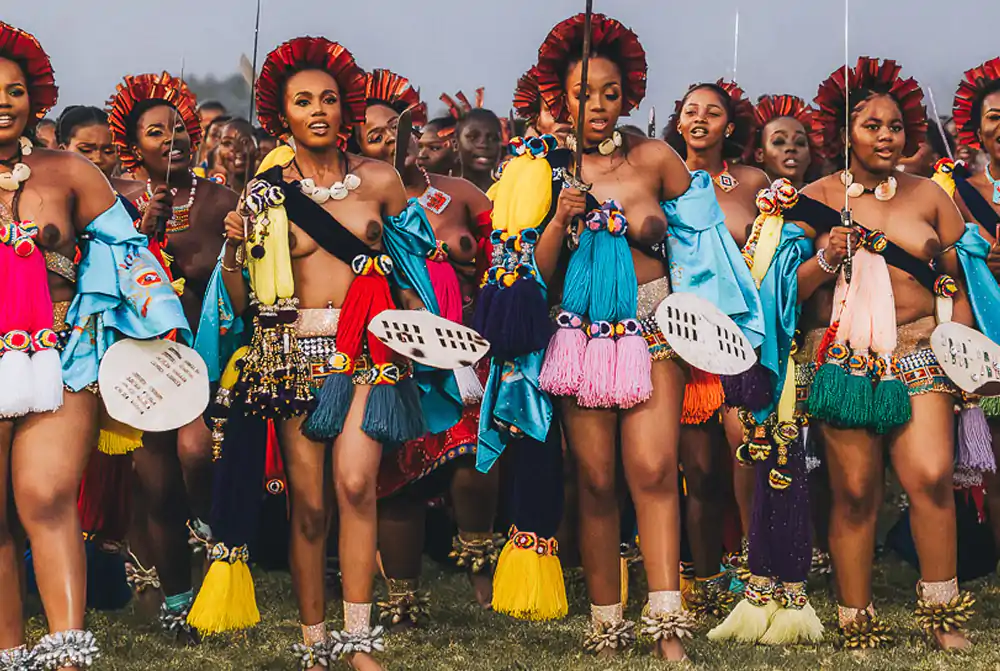
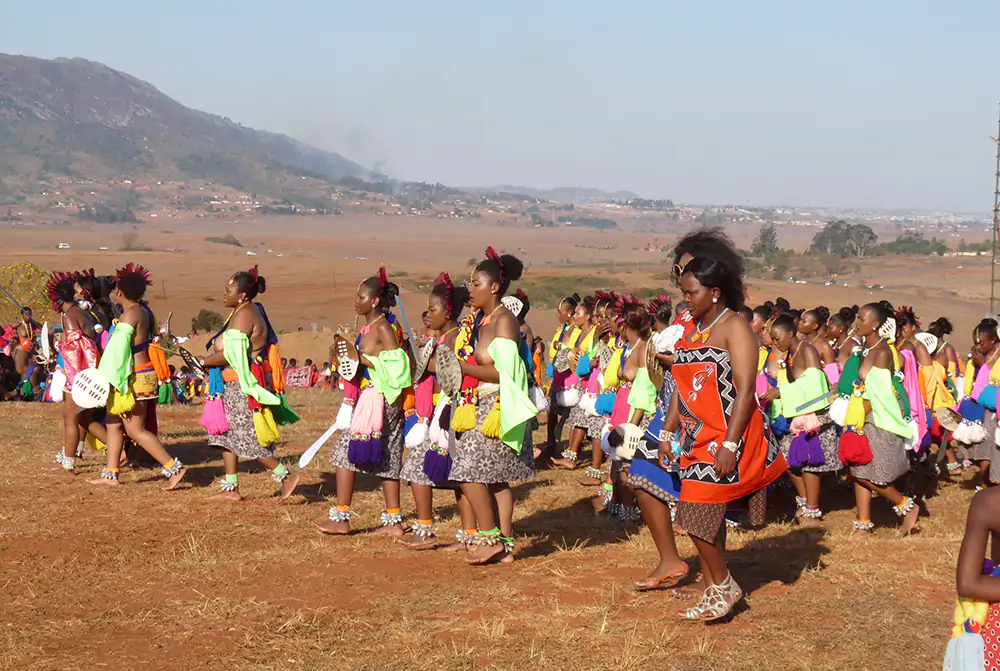
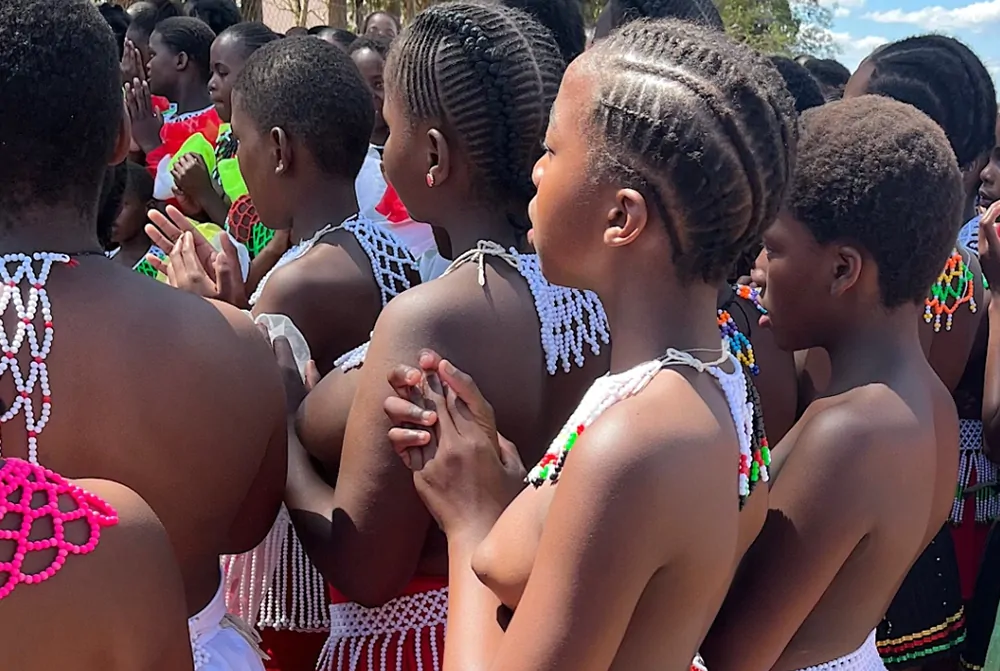
Thousands of girls and women, sometimes more, dance in front of a monarch to honor their beauty and virginity.
But what makes the ceremony even more unique, the girls should dance bare-breasted.
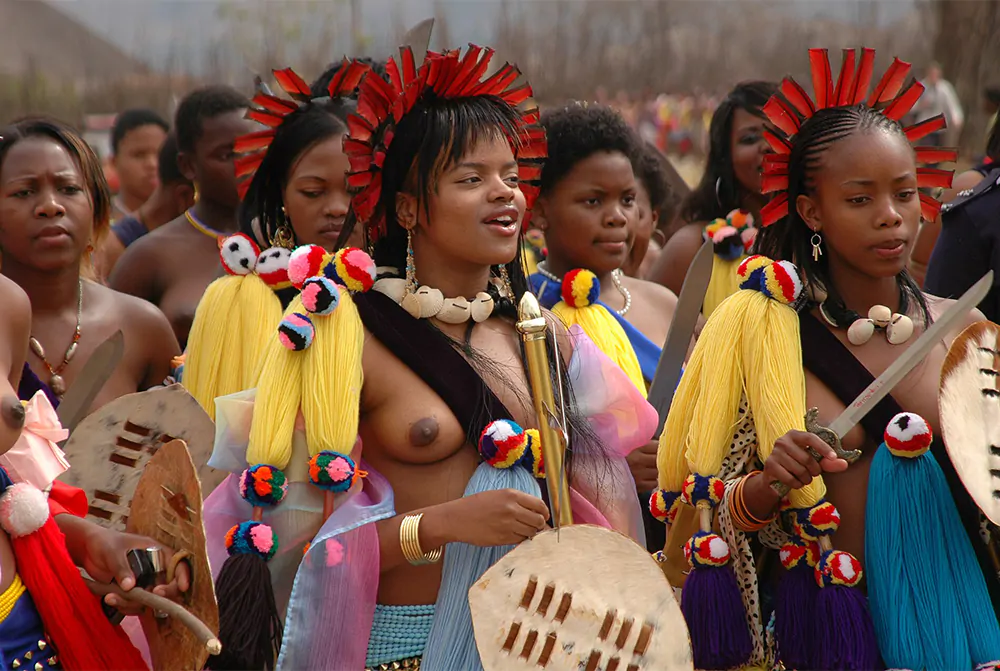
Due to how the event is held, organizers had enforced strict rules on photographers, because some of them have been accused of peddling the maidens' pictures on internet pornographic websites.
Organizers had to go to great length to prevent such thing from happening, despite fighting an uphill battle.
But what annoyed them more, was how Google classified photos and videos from the event as pornographic.
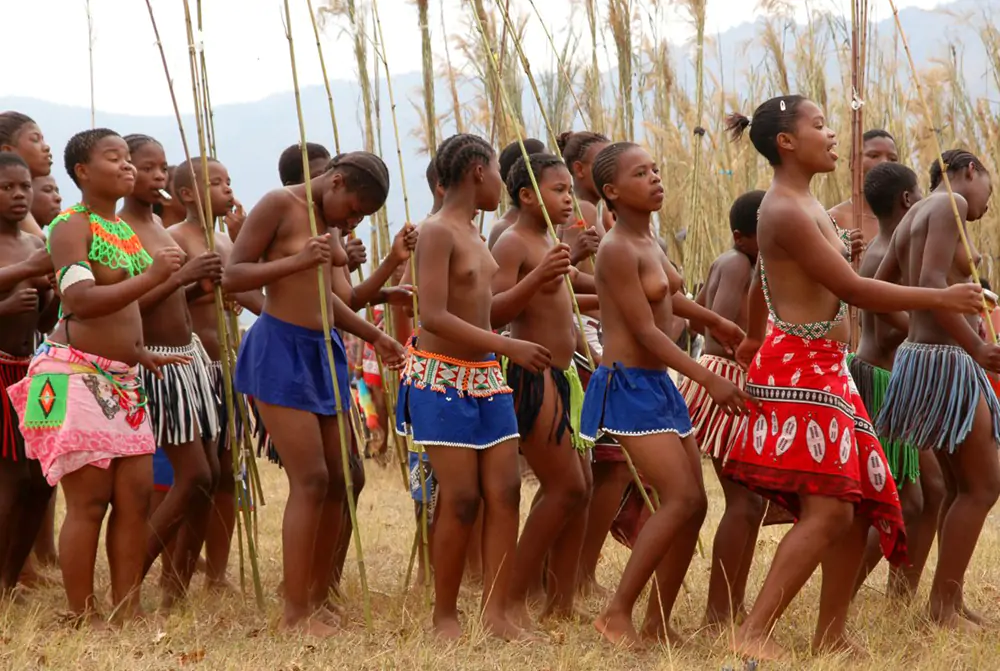
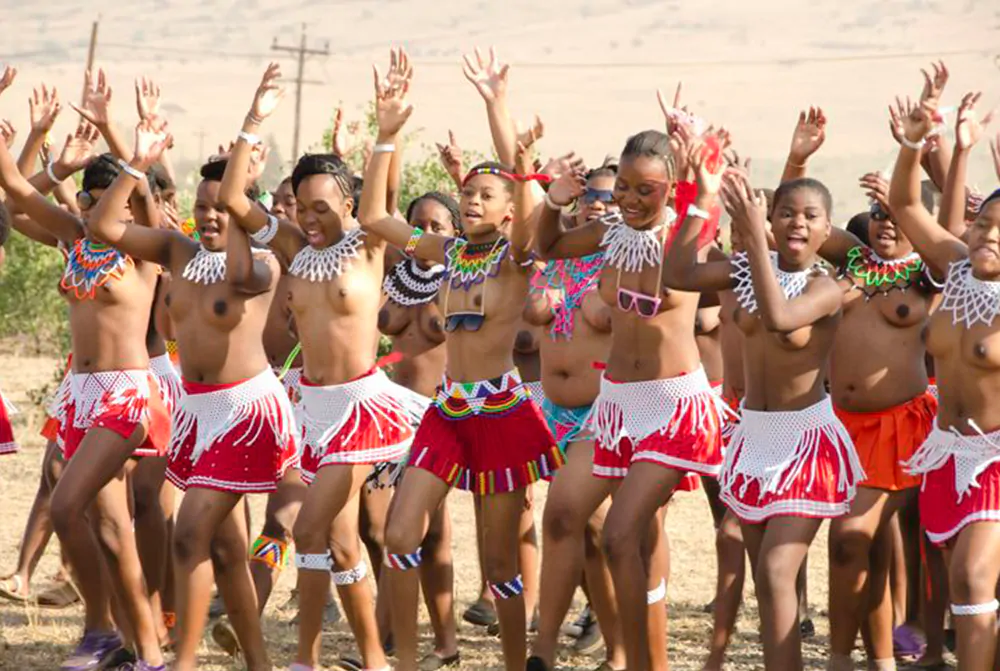
On YouTube, reed dance videos were once classified as age-restricted content.
This angered many people.
From the organizers to the dancers themselves, they were all excited, and wanted to show off.
But when the girls realized that their photos had been taken down, and marked as inappropriate, many of them were left disappointed.
And because the videos were age-restricted, many of the channels that uploaded the videos have their viewers and subscriber numbers plummeted because the channel was harder to access.
Not only that, because advertisers were fleeing.
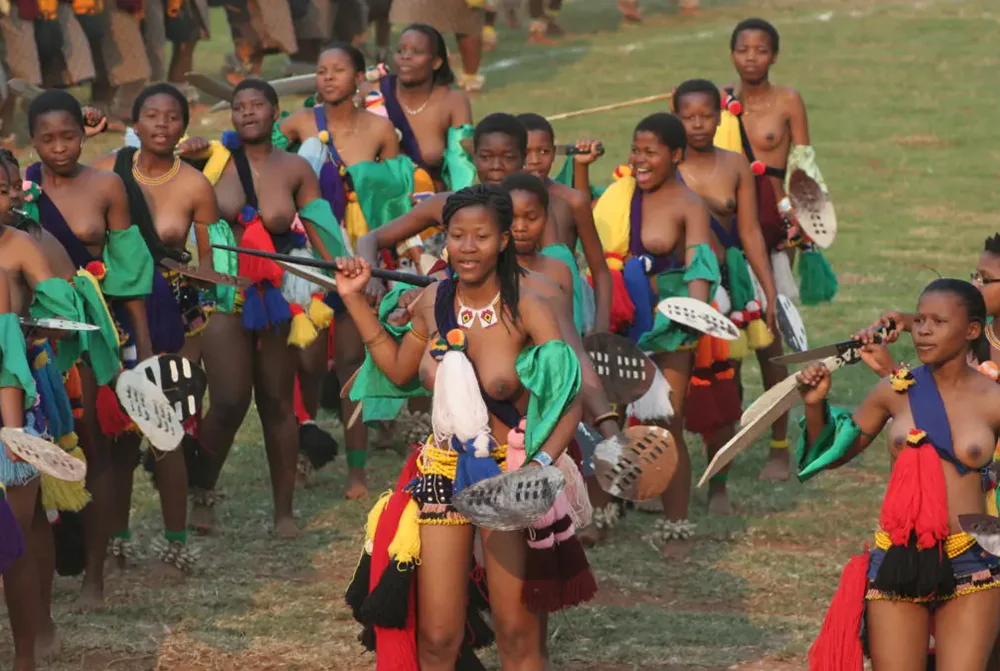
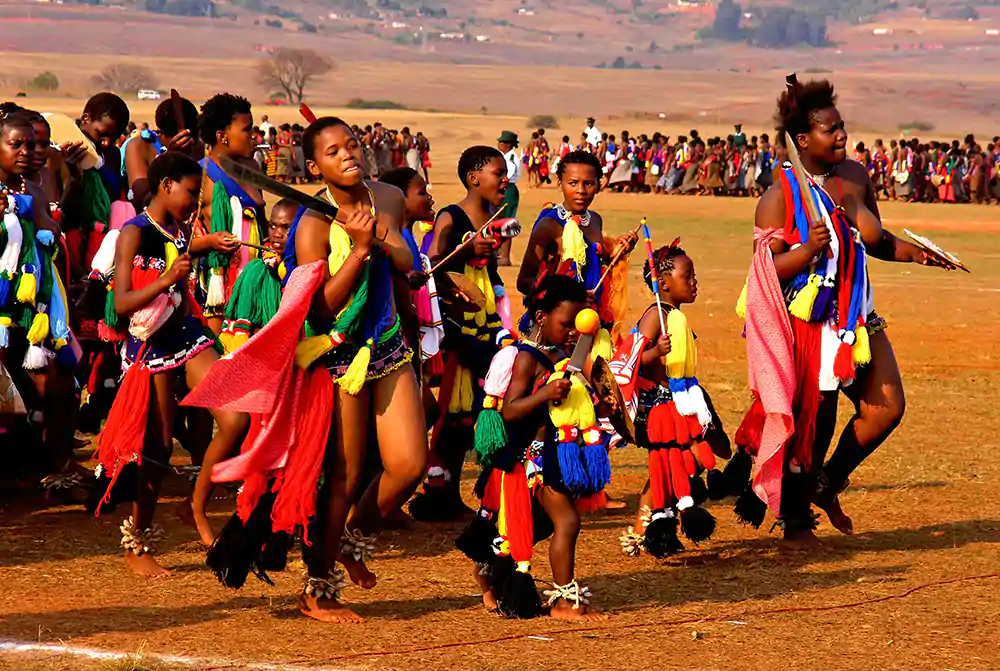
Another that was left angry, was TV Yabantu, an online video production company that works to produce content that "protects, preserves and restores African values".
Lazi Dlamini, the head of the company, contacted Google, which owns YouTube, to try and explain that Umhlanga was not inappropriate, but simply reflected the cultural values of the African community.
"They started removing advertising from our videos, then the views started dropping, the revenues started dropping," said Dlamini.
But Google didn’t care: they said the content violated the platform’s community standards, according to Dlamini.
"You talk about community standards, but you’re only talking about western community, not African community. But they did not engage with that. They just said these are our standard terms, if you don’t like it then you don’t have to use the platform, said Dlamini.
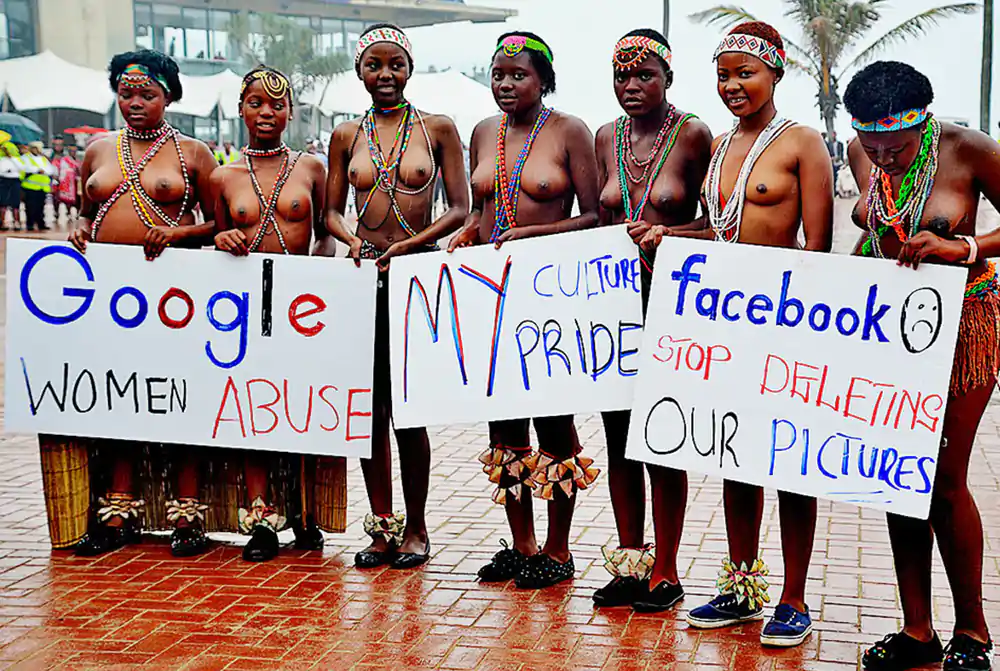
Dlamini then worked with hundreds of cultural groups across the country and in neighboring regions near Eswatini, to organize a series of protest against Google.
"We don’t care about the revenues, we care about the insult to our culture."
Dlamini slammed Google for its “cultural chauvinism” and its "eurocentric norms and practices."
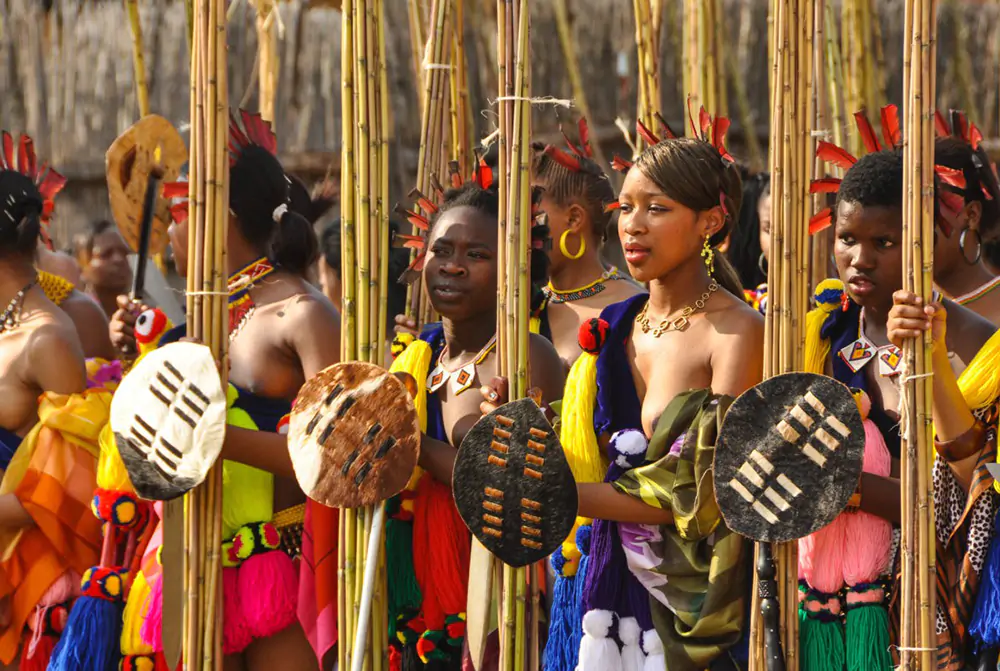
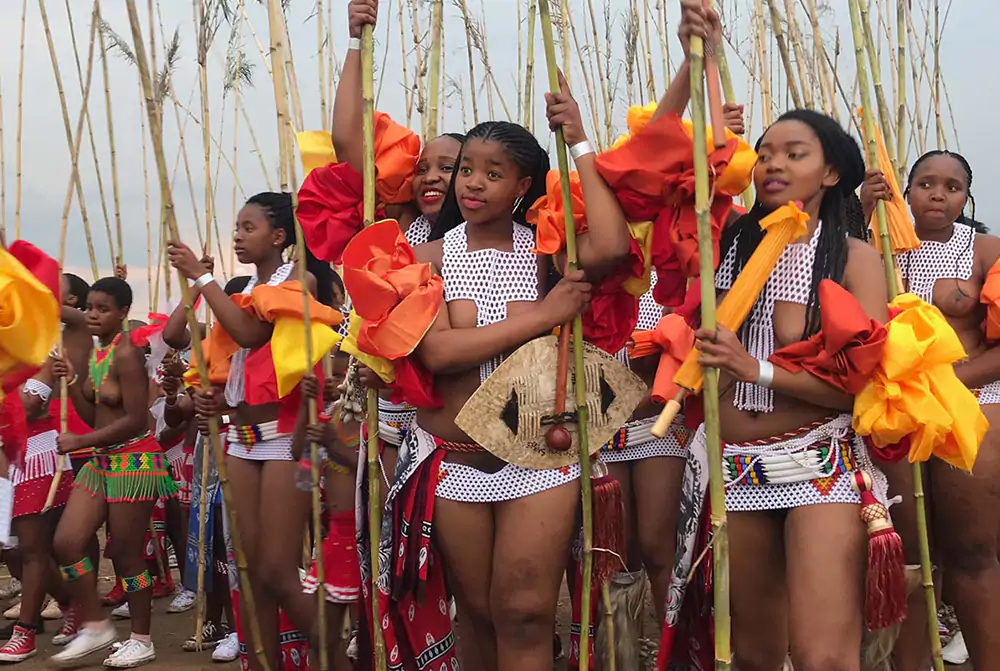
He said Google used these platforms to "ruthlessly" enforce "racist policies and censorship on Africans," and especially degraded African women.
"You are an organization that perpetrates racism, and oppression of black people, beliefs, culture and values."
Following the protest, Google succumbed.
YouTube apologized, and allowed the showing of genuine African traditional videos on its platform.
A representative for the company, said that Google lifted the restriction, because it is not Google's policy to "restrict nudity in such instances where it is culturally or traditionally appropriate."
It's worth noting, that despite Google has allowed such videos to be on its platform, many of them are still age-restricted.